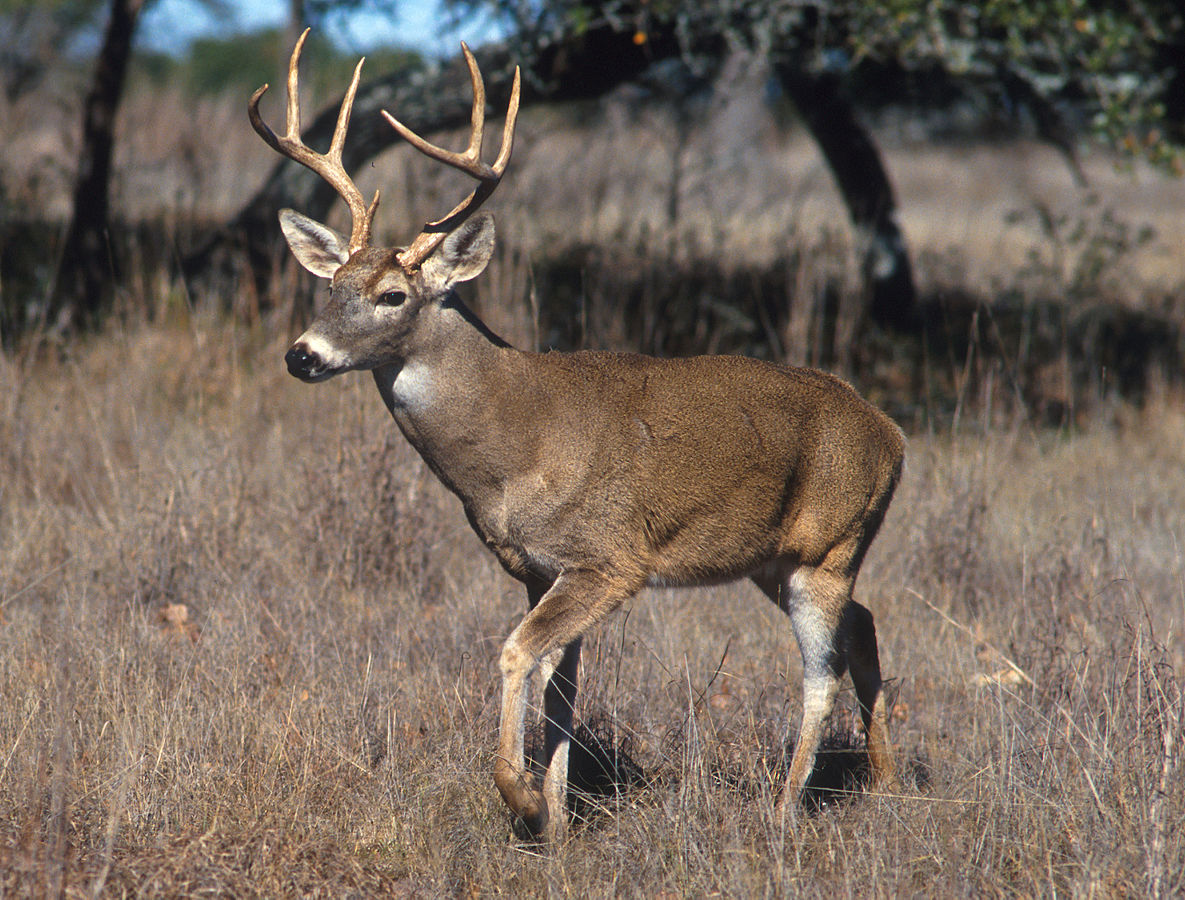Canada News
Wildlife professionals call for Manitoba to do more to protect moose

(Photo from Wikipedia/ Scott Bauer)
WINNIPEG—A group that represents wildlife professionals is asking the Manitoba government to do more to protect the province’s declining moose population.
The Wildlife Society Manitoba Chapter says in an open letter written late last month to Conservation and Water Stewardship Minister Tom Nevakshonoff that the moose population in Manitoba has declined from a high of over 45,000 animals to just 20,000 now.
It applauds recent hunting bans in specific areas, but says a comprehensive, province-wide moose conservation strategy is needed and that moose management needs a “higher prioritization” in provincial policy.
The society represents scientists, professors, biologists, managers and planners.
In October, the province issued moose hunting bans to two regions in the Turtle Mountain area southwest of Winnipeg, on top of six other bans that were already in place across the province.
In August, the province announced stiffer fines for the illegal killing of wild animals, including a $10,000 penalty for moose.
“As wildlife professionals, the recent significant downward trend in moose populations in our province has called us to action in a way we have rarely done in the 35-year history of our organization,” the letter from Nov. 25 states.
The society says its population estimate is based on accounts from its members that was acquired from aerial survey reports, field investigations, research projects and scientific surveys. It says population declines “are substantial and not restricted to any particular region.”
It blames over-hunting, a lack of hunt protection for cows and calves, disease, parasites, predators and increased human access for the drop.
A province-wide strategy, the society says, would complement aboriginal knowledge and practices in moose management. It says the strategy should include more hunting closures, a province-wide moose survey, research on moose diseases and parasites, and allowing forest fires to regenerate habitat.
The government has previously said moose numbers will be monitored and if the population increases to an acceptable level, hunting restrictions may be lifted.
The provincial fines don’t apply to anyone legally exercising a treaty or aboriginal right to hunt.
The society says it recognizes the rights of aboriginal groups for food and subsistence hunting, but says all interested parties must work together to conserve the shared resource.





















